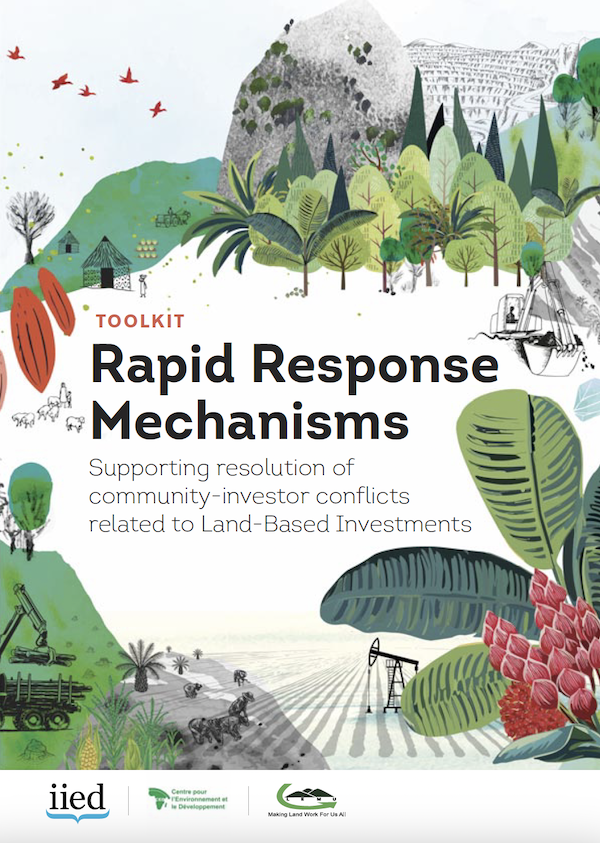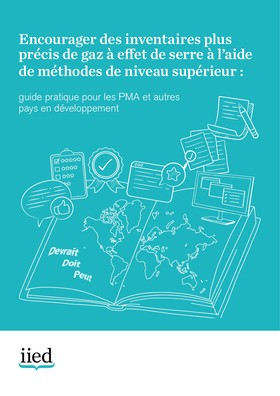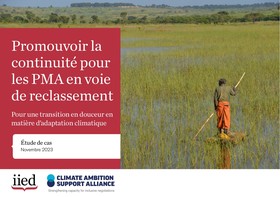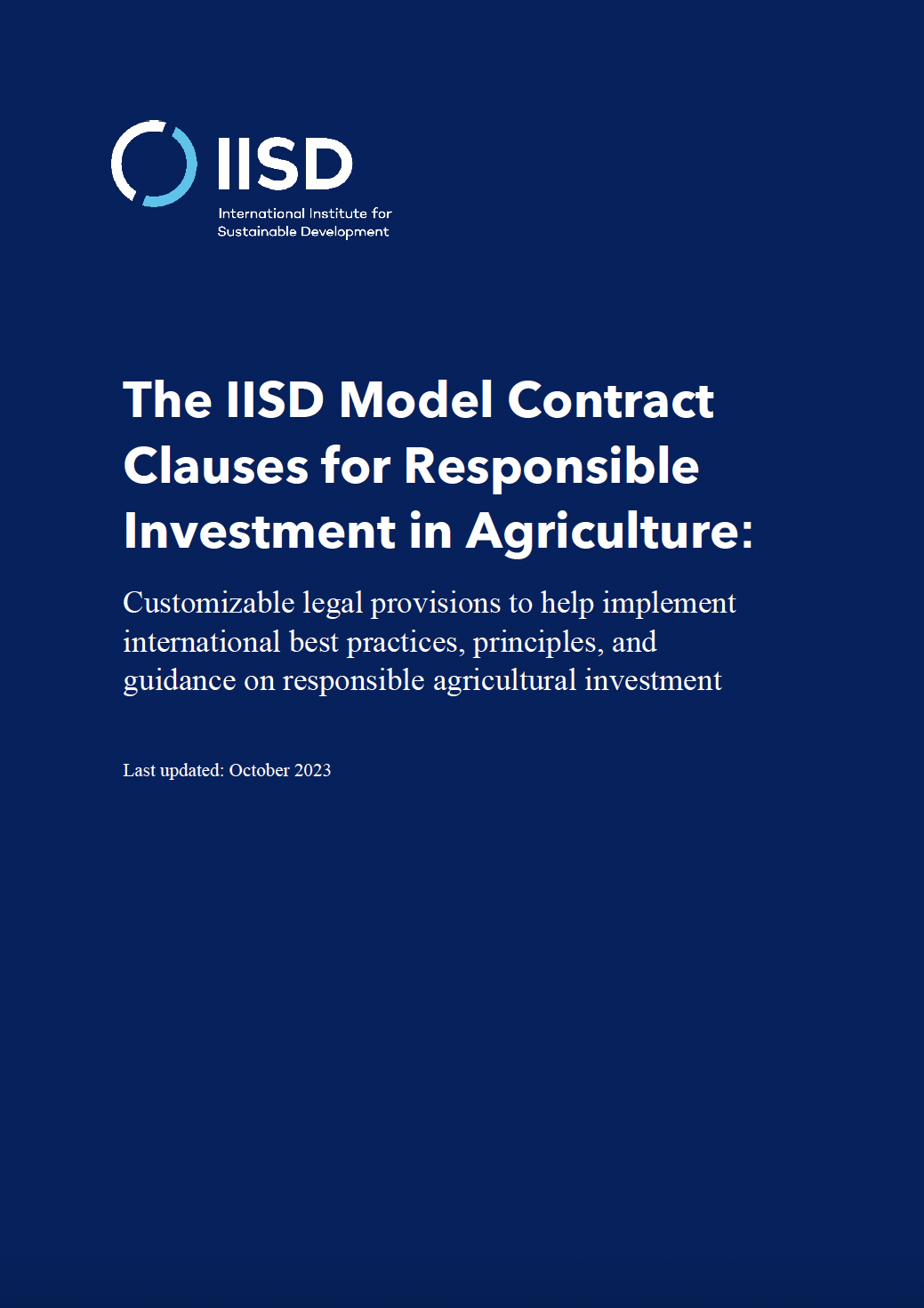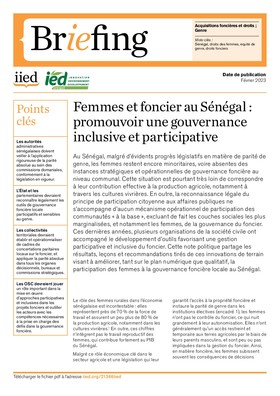Focal point
Location
Mission
Our mission is to build a fairer, more sustainable world, using evidence, action and influence in partnership with others.
Who we are
IIED is one of the world’s most influential international development and environment policy research organisations. Founded in 1971 by economist Barbara Ward, who forged the concept and cause of sustainable development, we work with partners on five continents. We build bridges between policy and practice, rich and poor communities, the government and private sector, and across diverse interest groups. We contribute to many international policy processes and frameworks, including the Intergovernmental Panel on Climate Change, the Millennium Ecosystem Assessment and the UN conventions on climate change and biological diversity.
What we do
IIED carries out research, advice and advocacy work. We carry out action research — generating robust evidence and know-how that is informed by a practical perspective acquired through hands-on research with grassroots partners — and we publish in journals and maintain high research standards. We advise government, business and development agencies, and we argue for changes in public policy. We focus on bottom-up solutions, stay open to flexible, adaptable solutions and are marked by a tradition of challenging conventional wisdom through original thinking.
Resources
Displaying 1 - 5 of 367Rapid Response Mechanisms
Often, approaches to investment-related land rights violations are reactive, rather than proactive and preventative: legal support is usually provided after communities have been negatively impacted, displaced or evicted — and after lives have been lost, property destroyed, local waters and soils polluted, and communities devastated. In such cases, legal support has a limited chance of reversing the damage caused.
Encourager des inventaires plus précis de gaz à effet de serre à l’aide de méthodes de niveau supérieur : guide pratique pour les PMA et autres pays en développement
Promouvoir la continuité pour les PMA en voie de reclassement: pour une transition en douceur en matière d’adaptation climatique
La sortie du statut de PMA représente une étape hautement symbolique et positive dans le parcours d’un pays vers une plus grande prospérité socio-économique. Cependant, la baisse du soutien international qui en résulte ainsi que la perte des avantages proposés aux PMA menacent de bouleverser les plans d’adaptation, qui sont essentiels pour des pays de plus en plus vulnérables aux impacts du changement climatique.
IISD Model Contract Clauses for Responsible Investment in Agriculture
The IISD Model Clauses aim to support agricultural investment negotiators, state lawyers, and policy-makers in helping achieve their country’s sustainable development objectives for investment in agriculture and food systems. The IISD Model Clauses are primarily designed to inform the drafting of investor–state contracts. These are contracts in which a “grantor,” that is, a government entity, grants rights to private (often foreign) investors for the large-scale and long-term lease of agricultural land.
Femmes et foncier au Sénégal : promouvoir une gouvernance inclusive et participative
Au Sénégal, malgré d’évidents progrès législatifs en matière de parité de genre, les femmes restent encore minoritaires, voire absentes des instances stratégiques et opérationnelles de gouvernance foncière au niveau communal. Cette situation est pourtant très loin de correspondre à leur contribution effective à la production agricole, notamment à travers les cultures vivrières.




